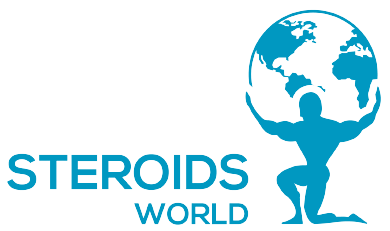Bacteriostatic Water for Injection Uses
Bacteriostatic Water for Infusion, USP is a bacteriostatic infusion water formulation that contains 0.9% benzyl alcohol as a stabilizer. It comes in a multi-dose bottle from which numerous withdrawals can be made to dilute or dissolve medicines for injection. A specifically formulated polyolefin is used to make the semi-rigid vial. It is an ethylene and propylene copolymer. Animal testing proved the material’s safety following USP biological requirements for plastic containers. The container does not require a vapour barrier to retain the indicated volume.
INDICATIONS
The injectable preparation is exclusively for diluting or dissolving medicines for intravenous, intramuscular, or subcutaneous injection per the assembly specifications. The volume of the mixture to be used for reducing or dissolving any medication for injection is determined by the manufacturer’s suggested vehicle concentration, dosage, and mode of administration.
SIDE EFFECTS
Some of the reactions that may occur as a result of this solution, added drugs, or the technique of reconstitution or administration are
- fever,
- deep vein thrombosis or phlebitis extending from the site of injection,
- local tenderness,
- tissue necrosis or infection at the site of injection,
- abscess,
If a negative response occurs, stop the infusion, evaluate the patient, implement necessary countermeasures, and, if feasible, recover and conserve the remaining unused vehicle for analysis.
Despite the fact that allergic reactions to 0.9 percent benzyl alcohol intravenous, intramuscular, or subcutaneous injection are not known to occur in humans, experimental studies of small quantity intravenous fluid preparations containing 1 percentage point benzyl alcohol in several animal species have shown that an estimated intravenous dose of up to 25ml could well be safely given to an individual without harmful effects. A dose of around 9 mL given to a 6 kg newborn or neonate has the potential to cause blood pressure abnormalities.

















